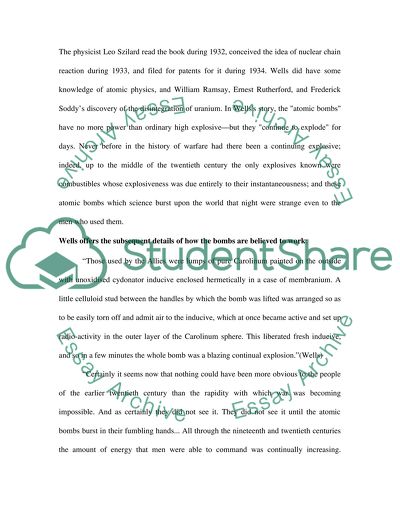Cite this document
(“Nuclear Weapons and Nuclear Power Book Report/Review”, n.d.)
Retrieved from https://studentshare.org/military/1532564-nuclear-weapons-and-nuclear-power
Retrieved from https://studentshare.org/military/1532564-nuclear-weapons-and-nuclear-power
(Nuclear Weapons and Nuclear Power Book Report/Review)
https://studentshare.org/military/1532564-nuclear-weapons-and-nuclear-power.
https://studentshare.org/military/1532564-nuclear-weapons-and-nuclear-power.
“Nuclear Weapons and Nuclear Power Book Report/Review”, n.d. https://studentshare.org/military/1532564-nuclear-weapons-and-nuclear-power.


